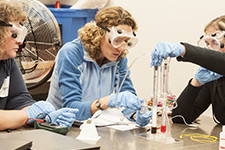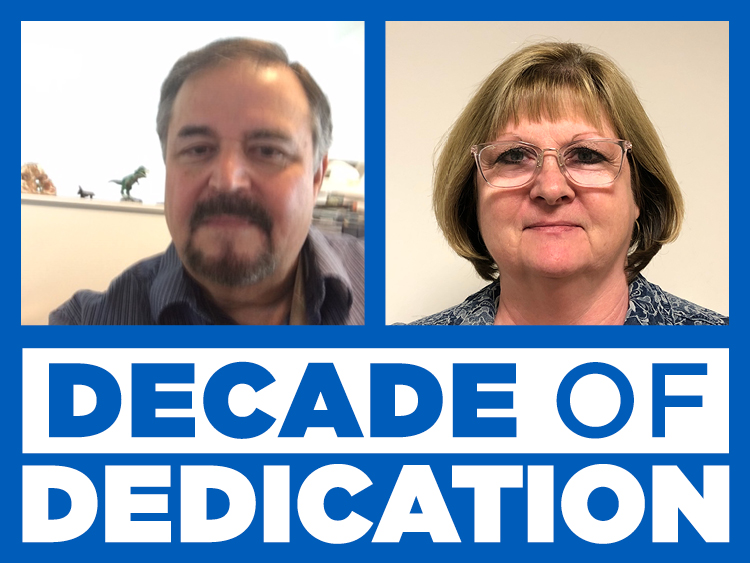I grew up in a Science family. My dad is a professor of Forest Ecology, my mom is a botanist. Needless to say the majority of memories from growing up involve the natural world. Hikes were interspersed with botanizing and impromptu identification quizzes. My 3 siblings and I all worked as research assistants at some point in our youth. I have collected worms, transplanted trees, tagged salamanders, trekked the mangroves, measured trees after a forest fire, and collected data from videos of roots! My experience is not a typical one. I was given a million opportunities to explore and quantify the natural world which has led to my appreciation for it today. I also realize there are so many students out there who do not have the opportunities that I was given. But they should.
So how do we engage students in these sorts of projects or provide them opportunities to engage in real-world science? Participating in citizen science research is a way to engage ALL students in these sorts of experiences. Citizen science is when scientists and researchers engage the public in a collaborative effort to collect information and observations about the natural world. These opportunities can happen both in-person and online depending on the project and the platform, and as you will see in the listings below there are a LOT of platforms out there (If you want more information about Citizen Science SciStarter has some introductory videos and even a short training where students can earn a certificate). There is almost certainly something happening in your backyard, but there are also opportunities to link with scientists across the world. Some projects can even be done without leaving home. Remember one of the best ways to cultivate an interest in science in our students is by making it relevant to them and there are hundreds of topics to choose from medical research to NASA to birds. So how can you help your students become Citizen Scientists? Have them brainstorm some of their interests and then check out some of these resources.
Connecticut Audubon Society
opportunities to participate in bird research around our state: https://www.ctaudubon.org/citizen-science/
Center for Global Soundscapes
Record sound to contribute to a global sound mapping project: https://centerforglobalsoundscapes.org/citizen-science/
INaturalist
This one I use all the time! A great way to identify plants and animals on the go. Also used for documenting observations:
https://www.inaturalist.org/
Nature’s Notebook
Observe and document nature around you and the changes you see with this online notebook: https://www.usanpn.org/natures_notebook
Cornell Lab of Ornithology
From Cornell’s Lab of Ornithology here is an app where you can help researchers by sharing your sightings while also learning more about birds:
Or you can check out this one which is tailored specifically for spotting urban birds:
https://celebrateurbanbirds.org/
Frogwatch
If you are more interested in frogs and wetlands you can check out this resource:
https://frogwatch.fieldscope.org/v3/
For more information and projects of all types check out these Citizen Science Project Banks:
Zooniverse
SciStarter
https://scistarter.org/education
National Geographic
https://www.nationalgeographic.org/idea/citizen-science-projects/?page=1
Citizenscience.gov
https://www.citizenscience.gov/#
Citizen Science Association
https://www.citizenscience.org/
NASA
https://science.nasa.gov/citizenscience
There is a project out there for any interest, it may take a little time and searching to find the one that is right for you, or a particular student, but connecting students to real-world science is so important to their learning journey, so give it a try!

Becky Fahey is a Professional Development Specialist at the Connecticut Science Center’s Mandell Academy for Teachers. Previously, she has worked as a preK-3 educator in various public school districts in Eastern Connecticut where she designed and implemented inquiry based lessons in the classroom. Becky brings with her expertise in collaboration and inquiry based teaching and will apply these skills to help educators to deepen their understanding of NGSS and apply best practices to support their learners in the classroom.

